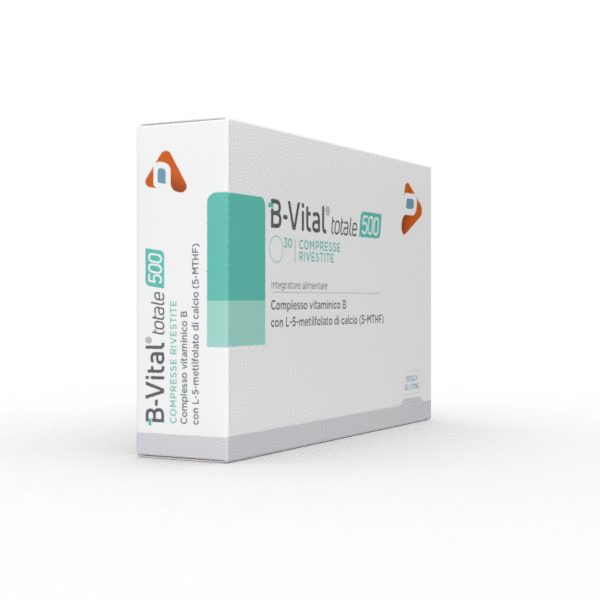Small disturbances such as a general sense of fatigue, fatigue, loss of appetite, disorders of the intestinal tract and Candida infections are possible side effects of an antibiotic therapy, caused by the imbalance of intestinal bacterial flora and reduced absorption of vitamin B. If on one side it is therefore useful to restore the balance of the intestinal flora with the intake of lactic ferments, on the other hand, the vitamin B – able to support the energy metabolism, i.e. the daily expenditure of energy by the body – helps fight fatigue and to promote the convalescence process, thanks to its energizing and strengthening action on the body’s immune defenses.
Antibiotics are drugs that can fight the bacteria responsible for even serious infections, so they can be defined, in some cases, even life-saving. Their proper use involves taking them in doses and for the duration indicated by the doctor, remembering that, to be effective, they should not be suspended for the first improvement in symptoms. There are targeted antibiotics, which target a specific bacterial strain, and broad-spectrum antibiotics, which are useful in cases where the precise origin of the infection is not known or prophylaxis is required. Antibiotics, however, if they fight the pathogenic bacteria responsible for the infection in progress, exert a destructive action also on the bacteria that normally reside in the intestine with the task of carrying out an important immune function, in addition they reduce the absorption of vitamin B For this reason, when an antibiotic therapy is followed, it is important to take lactic ferments to rebalance the intestinal flora, accompanied by the correct dose of vitamin B, to reintegrate the partial absorption and regain energy.
The B vitamins
Contrary to what was thought in the past, under the name of vitamin B a group of different molecules are actually classified, which are often found together in the same foods – mostly of animal origin – so it is correct to speak of B vitamins Each of these is identified by a number associated with the letter B, for which we have, for example, vitamins B1, B2, B5, B6, and B12. Precisely these five typologies are those that mostly contribute to sustaining the energy metabolism, or the total amount of energy that the body uses to carry out its functions.
Pantothenic acid, also known as vitamin B5, is a water-soluble B-complex vitamin and is found in vital cells in the form of coenzyme A, required for chemical reactions that generate energy from food. Vitamin B6, present in the plasma mostly as 5 phosphates, acts as a coenzyme for numerous biological processes, including the immune function.
Riboflavin, or vitamin B2, ubiquitously distributed in foods and in all animal and plant cells, functions as a catalyst in energy production, essential for the functioning of aerobic cells. Thiamine, also known as vitamin B1, is fundamental for the normal state of well-being and for physical performance as it is involved in the release of energy from the macronutrients that produce it. Finally, Vitamin B12 is important for the proper functioning of the nervous system, responsible for the correct levels of resistance and physical performance.
The need to integrate
The exact dose of B vitamins that you need to consume every day depends on person to person and varies according to body weight and the individual’s general health. Taking balanced meals and sleeping satisfactorily can ensure a correct intake of vitamin B. However, as mentioned, there are particular conditions, such as the intake of antibiotic drugs, in which the integration with group B vitamins – available for adults in effervescent or coated tablets – it is recommended to make up for the temporary deficiency, but also to support the convalescence phase by supporting the body and thus promoting energy recovery.




